My Personal England Part II. I'll Learn Everything (no)
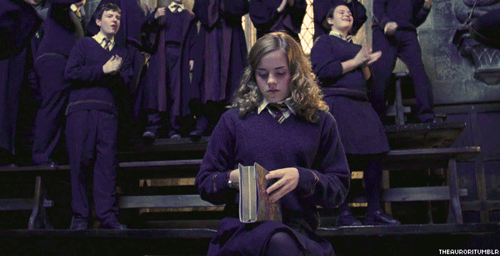
Finally, after all the introductions, we are ready for the main part of my British-ing —student-ing. Education, in any form, holds a special place in my heart, so pursuing a second degree in my dream country, in my favorite language, was truly living my best life (and I'm not apologizing for the emotional sentiment – there's more to come).
Education of the future with sweatshirts, leggings, and booze
My first day of school was unlike any other I had experienced in my 15 years of schooling back in Ukraine. Instead of the traditional September 1st start date, classes began in mid-October. However, despite having paid my tuition fees and filled out all necessary forms, I figured that I still needed to register in person. With my previous experiences in mind, I thought this would be a kind of an official event. So I thought, why not wear my new and authentic wool suit that I bought in Scotland just a week ago?
You can imagine my shock when I entered a vast hall and found myself surrounded by students dressed in crumpled sweatshirts and leggings, gazing and smiling at my outfit. It was a humbling moment, and the first of many instances where my preconceived English stereotypes began to crumble, much like sweat drops under my woolen jacket.
Lesson learnt: no uniform, n0 Soviet-like formality.
Okay, okay, okay, I’ve got this. Can I go to classes already? No, not until November. First, you have to have fun for a week or two. It’s called Freshers’ week – an opportunity to get acquainted and connected with fellow students and professors. And all this through fun activities with alcohol. Wait, what? I was stunned. There were tables with wine, beer, and snacks all over the building: in classes and corridors. Even during a morning event where a professor was introducing his course and sharing some of his biography, there was a breakfast buffet with bagels, coffee, and…wine. Cheers to that!
Later, I learnt that these little pleasures of treat tables were a common sight at all sorts of events, whether formal or not. Alcohol is a universal social lubricant, not a bad habit to be ashamed of. What’s more, there was a night club on our campus, and the campus itself was located in the most picturesque countryside. So, it's safe to say that alcohol is indeed regarded as a friend rather than a foe in the UK.
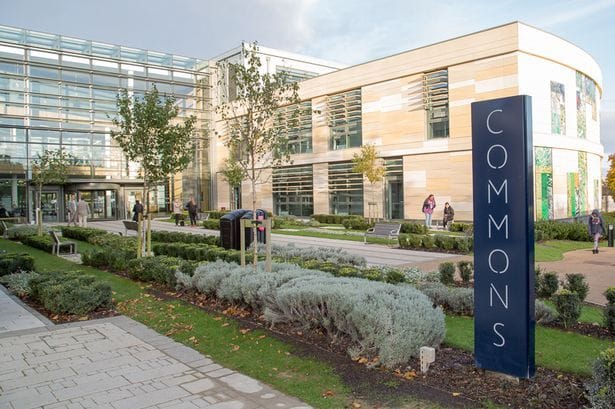
LET ME IN CLASSES ALREADY
Specifics of studying something with creative anything in its title
One of the reasons for such a late start of our course was the process of selecting subjects – which can be seen as a positive aspect, to some extent.
So, how many subjects do you think a first-year student needs to master the art of writing creative prose? Well, I certainly had high expectations. I envisioned plunging into the world of literature, books, depth of analysis, plots and themes dissection, and ultimately finding my writer’s voice. I imagined a course as a balanced combination of theoretical (language + literature) and practical (writing itself) components– the epitome of classical education.
But alas, reality had other plans. Instead of the sea of subjects I had anticipated, each year I was allotted just four modules – yes, four! And when I requested permission to attend extra classes, my request was denied.
Each studying year consisted of one compulsory module, such as the Writer's Workshop, which covered the basics. However, this workshop turned out to be more stressful than helpful. The thought of reading my work aloud and receiving feedback from my classmates felt uncomfortably intimate, and I wasn't ready for such exposure.

Curious observation: the British are so polite and humble that they would never roast you or harshly criticize your work. That was odd. Especially when honest feedback is needed. tInstead of candid opinions, you're more likely to receive a camouflaged and seemingly insincere "hey, great job, I liked it." So, my being straightforward was quite alien and foreign in class.
As for my modules, I had the freedom to choose 50% of them (just two in total). I decided to explore "Introduction to Computing," which offered a wealth of knowledge but lacked a clear structure and direction. Another noteworthy module was "Short Film Production," which covered everything from brainstorming ideas to post-production. The university provided excellent facilities, including music and filming studios equipped with the necessary tools and creative workshops stocked with materials and gadgets – ideal for hands-on training and practice, yet with a slight deficiency in theory.
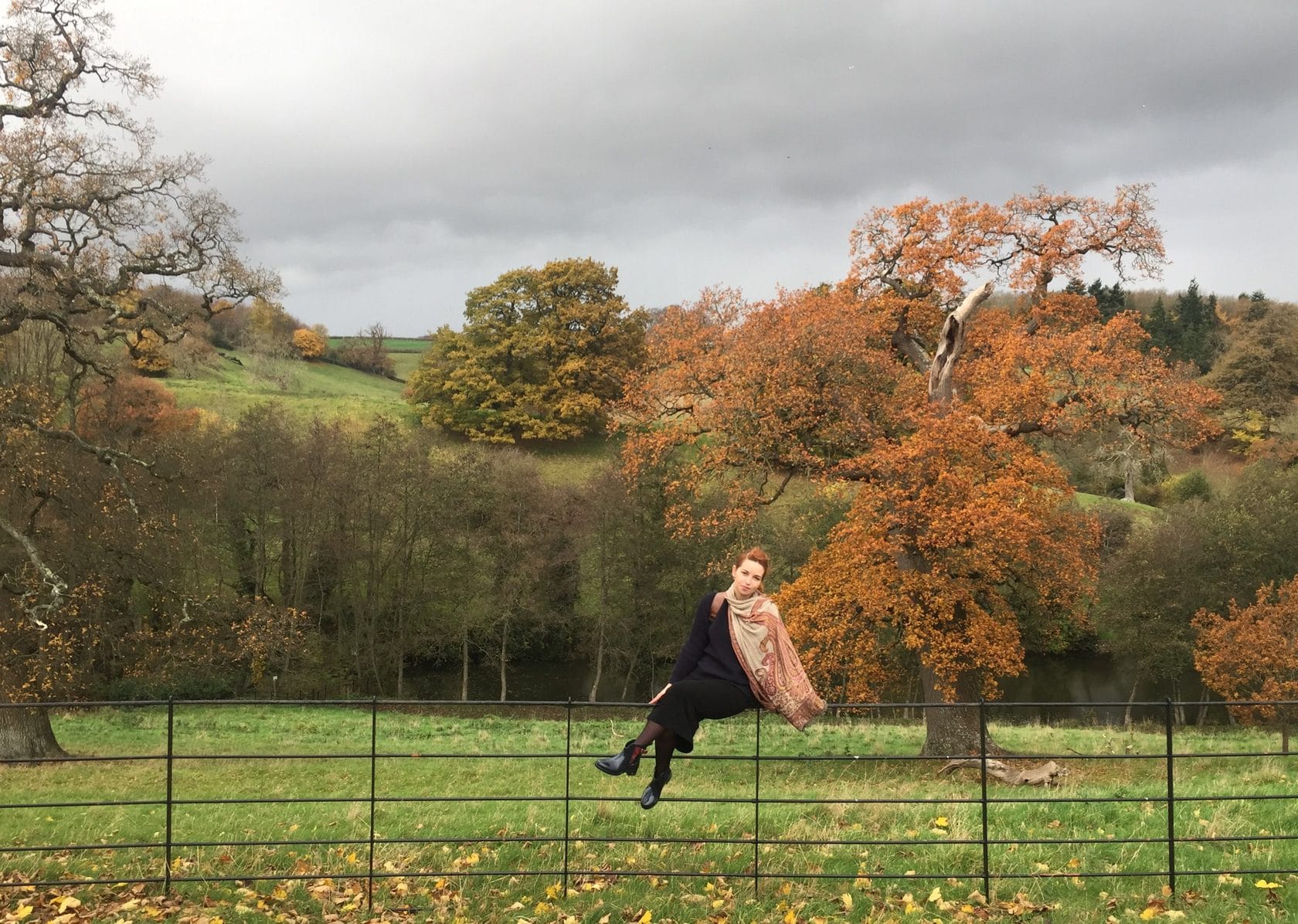
However, one aspect that was in abundance – perhaps even in excess – was group projects. The pervasive and omnipresent idea of collaboration, extending into all hours of the day and night, reflects the modern reality where teamwork is essential for project delivery. I particularly enjoyed one project involving the local Literature Festival, where we had the freedom to brainstorm ideas and actively participate in the event.
But, more often than not, this fixation on group work became overwhelming. It seemed that every time a professor spoke for more than 15 minutes, they would abruptly halt and instruct us to discuss the topic with our peers. I'll never forget one particular episode from my Digital Writing class when we were asked, with utter seriousness, to analyze which emotions a specific typeface evoked in us.
Higher education the British way, not the hard way
The higher education system in Britain is self-proclaimed as progressive, aiming to keep pace with the rapidly changing world. However, I find its shift towards practical learning somewhat controversial. With hardly any classes – often just three subjects a day, or even a single 45-minute seminar – students are left to their own devices for studying. And the number of holidays is staggering: two weeks in winter, one week in February, two weeks in spring, and a whopping four and a half months of summer break!
Nevertheless, the array of support services and resources available is remarkable. From career advice to counseling to access to equipment, these resources motivate and assist students in navigating their studies. As a student with "Creative" in their course title, the grading system remained a mystery to me. I also missed the traditional exams, especially the real oral ones with thorough preparation. However, since our course was primarily based on practical work, my grades were determined by my portfolio of creative projects, and I didn't even have to write a thesis – just a piece of a novel.
Example from my experience: In one module, which was supposed to focus on professional writing in a business environment, the reality was quite different. Instead of practical skills, we had interactive sessions with the teacher for five months, where we were constantly asked personal questions. Disappointed by this discrepancy, I reported the issue. However, the outcome was disheartening – the committee merely offered a meeting with the teacher, which I declined. As a result, the teacher was informed of my complaint, and I received a D grade for the module. And that, unfortunately, was the end of the story.
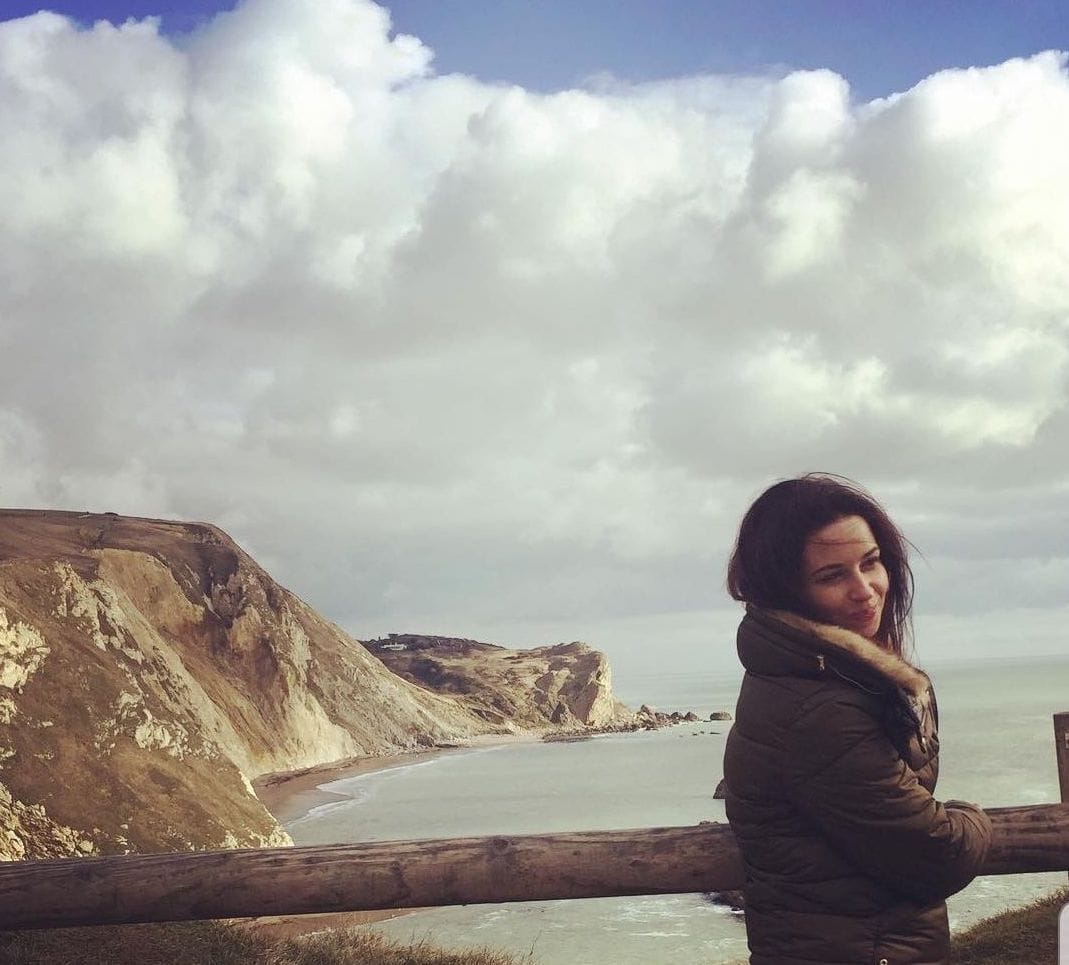
Road trips down that huge island were exactly like they picture them in movies
With all due respect and my enduring affection for this long-awaited learning experience, I couldn't shake the feeling that it was more akin to a trial version for a genuine degree. You know, like those free webinars that organizations offer to entice users into their paid workshops. So, perhaps creative degrees serve better as charming decorations above your desk than as pathways into creative industries. And that's perfectly understandable. I firmly believe that creativity can't be taught or learned in a traditional sense; it's more of a cognitive function, a mode of seeing new patterns and approaches. Hence, the university won't provide you with a secret map or a definitive path to unlock your talents. With its lack of theoretical foundation, the experience felt more like art therapy than an academic pursuit.
However, the mentorship and guidance provided were invaluable in navigating this journey, particularly in a student life that's vibrant and full of distractions.
Studies are just behind the scenes of fun-fun-fun
To give you a glimpse into the typical student life in England, let's start from the beginning - the "Gap Year." In Britain, students who enter university are usually 19 years old, which is relatively mature compared to the 16-year-olds from my home country. After completing school, they spend two years studying subjects of their choice in preparation for their university degree (known as A-levels, a qualification as part of British General Education). Following this, they do exams and gain access to the academic realm of university.
However, there's a popular Western tradition known as the "Gap Year," a sort of limbo where young people spend a year traveling abroad and preparing themselves for the challenges of university life. It's about being ready to take on the significant responsibilities of living in a university hall of residence, doing their own laundry, and occasionally having to open a tin of beans when they return from the pub (end of quote).
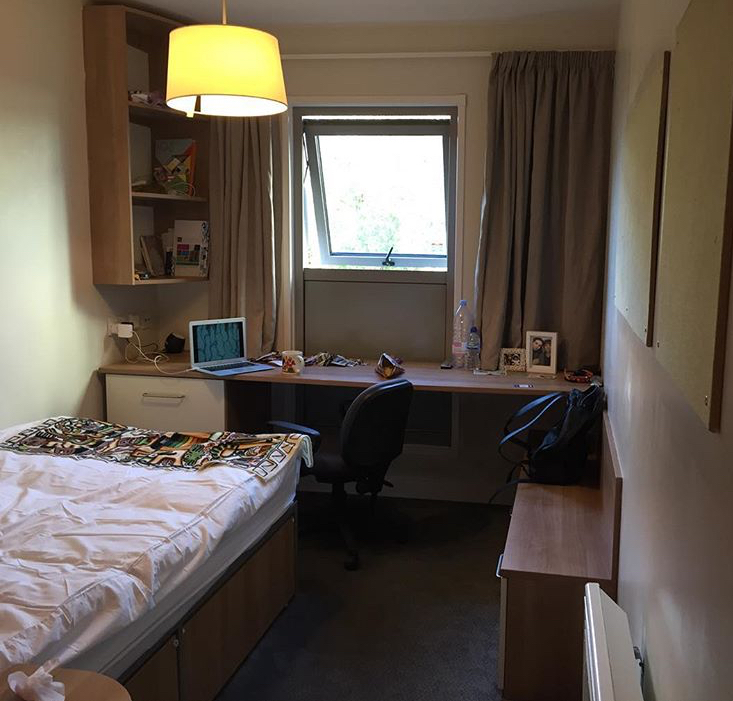
During the first year, everyone has the opportunity to book dormitory accommodation. I opted for one, and it provided a unique experience. The rooms were modern and comfortable, with en-suite facilities, a shared kitchen for five people, a communal laundry room, and some space for studying. However, it eventually descended into chaos, with juice packs strewn across the floor. This messiness is a notable trait among Britons, to varying degrees. In essence, the dormitory became more of a party space than a sanctuary for studying. I found it nearly impossible to concentrate due to constant noise and disturbances from my neighbors.
However, this was the least of my worries. The campuses were equipped with fully-stocked study pods and amenities like coffee shops offering paninis and muffins. If inspiration was lacking, one could always escape into nature. My university was nestled between a forest and a meadow, with sheep and swans as our regular companions. Taking a break to admire the views and observe the wildlife could effortlessly transform any bad mood into a silent moment of gratitude for the beauty of the surroundings. ‘God, how awesome is this moment.’
If not theory, could you give me some practice?
In many universities, regardless of the chosen specialization, students are required to participate in some form of practical experience to apply the skills and knowledge they've acquired. Unfortunately, my course didn't include this requirement, so I had to seek out opportunities on my own and fund them independently. After all, such opportunities are not to be wasted while in England.
I secured a summer internship in London, the very heart of London! Working as a content writer for a non-profit organization dedicated to promoting science among teenagers felt like a dream come true. Before starting the job, I pictured myself exploring every nook and cranny of the city, tirelessly walking and enthusiastically visiting new places every day after work. Ah, how grown-up and naive I was back then.
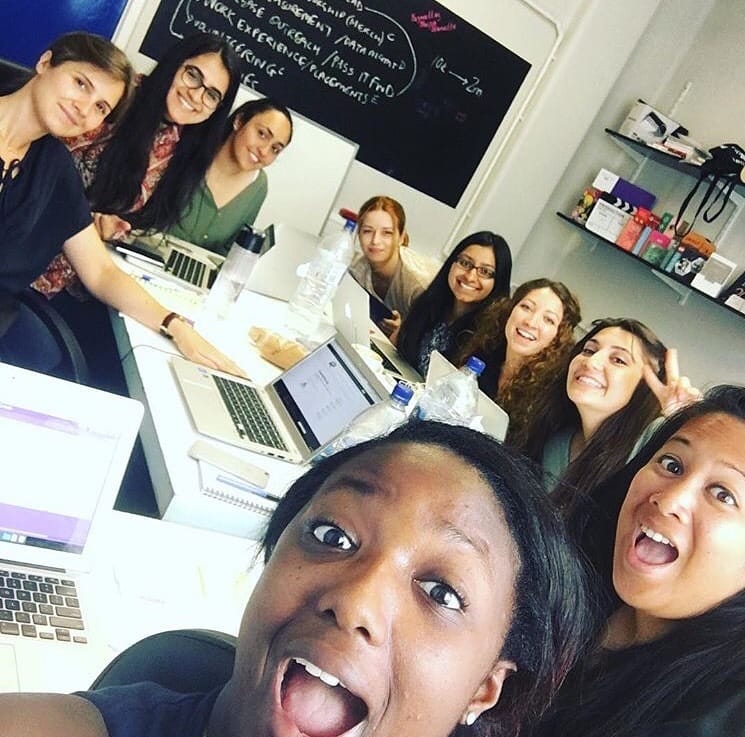
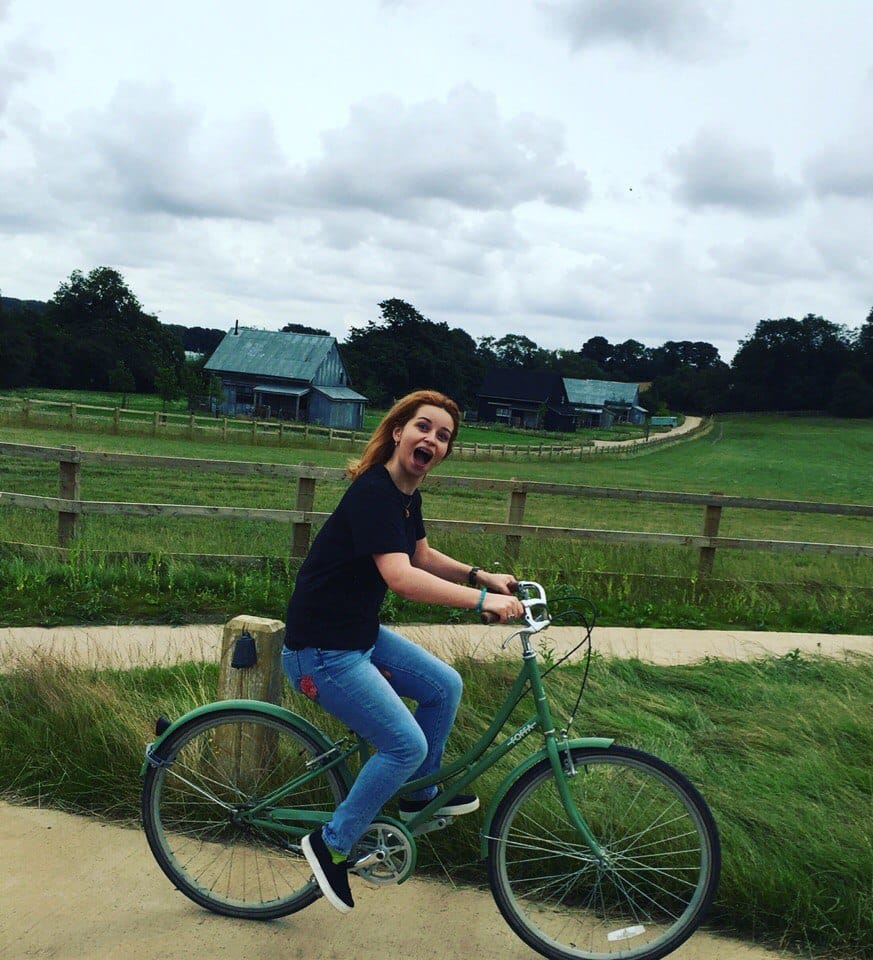
Internship match made in heaven
I was often so drained on workdays that all I could think about was my lifesaving berry cider and some food delivery waiting for me in my dormitory (located conveniently in the city center, I must add). But why was I so drained? Well, I had won the lottery for a job, figuratively speaking. Unlike some of my internship mates who were stuck doing mindless tasks in their workplaces, my job was engaging and dynamic. I attended numerous job-related events, from hackathons to school workshops to country club meetings. There were endless opportunities for learning and mastering the art of cooperation, and I cherished every moment of it.
However, if you're savvy enough to plan your internship well in advance, you might even find positions that offer compensation. But be prepared to face fierce competition in London; you'll need to put in extra effort to stand out.
I also recall another incident that reminds about the serious nature of rules in Britain. As an international student, you're required to register your place of residence with the police while in the country. Each time you change accommodation, you must go through a quick procedure to receive a stamp on your documents. I had a friend who was in his third and final year of university. He had spent a total of around 7 years studying in England, including school and other universities. However, one time he forgot to register his new place, and... His student visa was canceled, rendering all those years of hard work essentially in vain. He didn't receive a degree or any documentation confirming his efforts. It's a cautionary and educational story indeed.
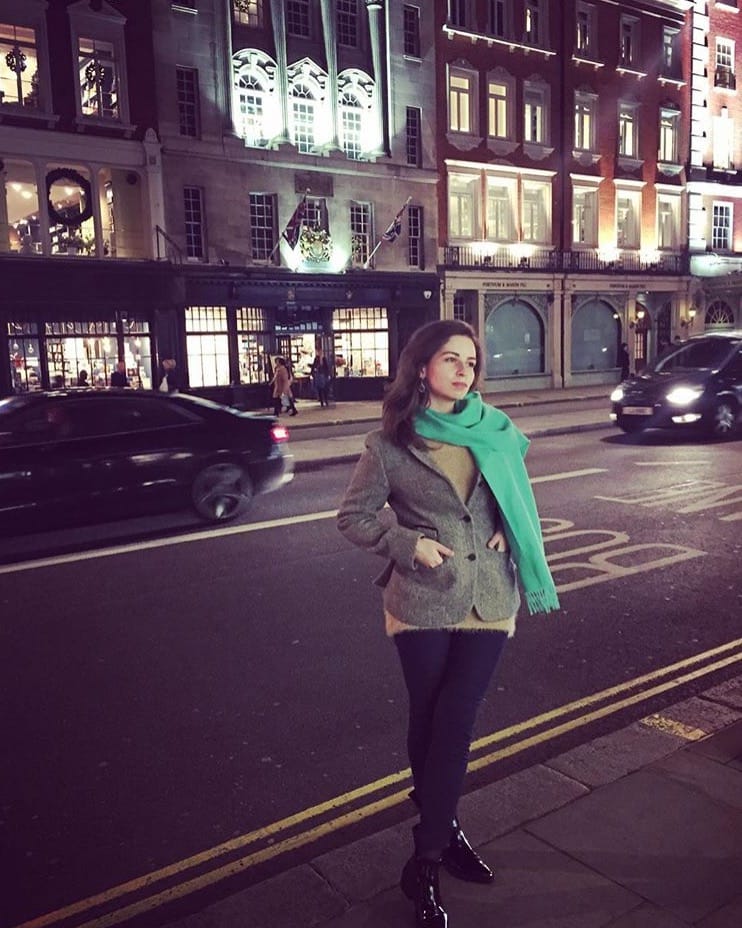
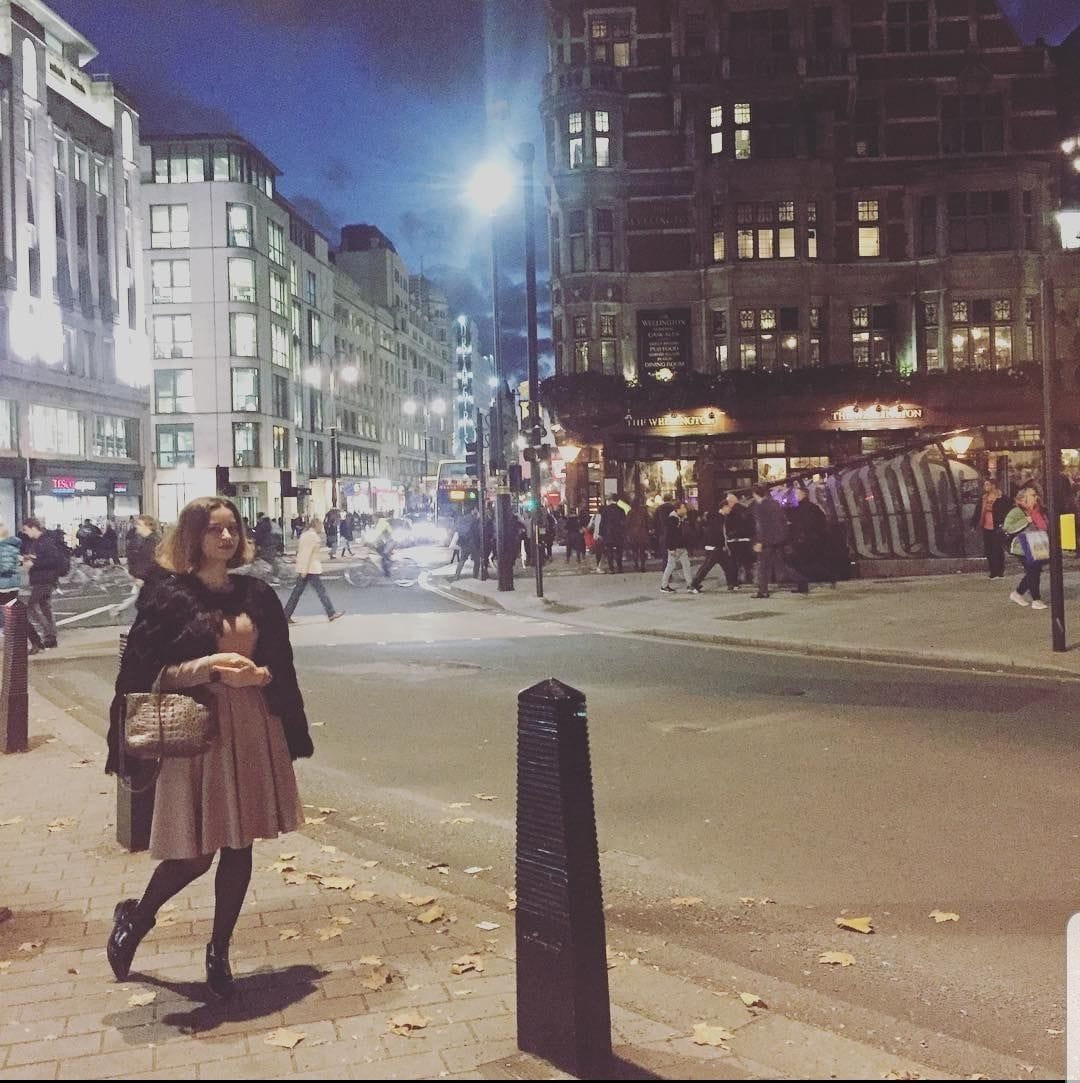
Londoning
Final thoughts
Once again, I find myself unable to present this post in a neat and structured manner. Instead, I presented you a soup of my impressions and conclusions. Resuming all of the above, I must say that I wouldn't trade my learning experience for anything else. Analyzing one's experiences is perhaps the most valuable lesson one can learn, and I've certainly learned mine.
Despite my occasional complaints about the lack of a solid knowledge base and a structured approach, I couldn't agree more with Isaac Asimov's assertion that "Self-education is, I firmly believe, the only kind of education there is." Over the course of those three years, I encountered unexpected challenges and learned to navigate them. It did help me to stretch my brain wide enough to make room for that open-mindedness and flexibility.
I believe I've gained a bit more than I expected from my degree. While I may not be an expert in literary criticism, I've learned to sail through all types of chaos and isolate basic units of meaning in any mishmash. And when you have the right tools to navigate your way through the world, you can achieve absolutely anything. Of course, motivation and commitment play crucial roles in this journey.
A sentimental but honest advice for a tidbit: I wish everyone the opportunity to never cease learning. The process itself, as well as the end result, are always truly fantastic ♥
